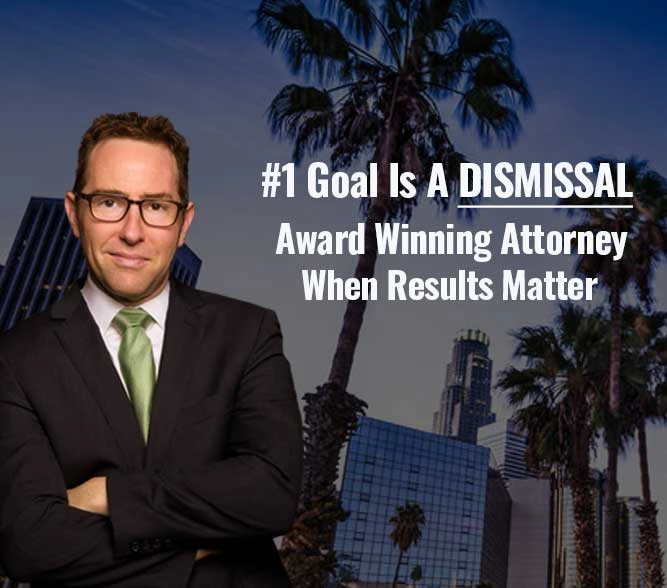If you are convicted of a crime, you may assume that you’ll be ordered to go directly to jail, without passing Go or collecting $200. However, this may not be true in every case. Some defendants may be eligible for alternatives to incarceration depending on their case. Here are some of the potential alternatives to jail and how you can get legal help after being arrested for a crime.
Paying Restitution and Fines
Some convicted defendants may be able to avoid serving jail time by paying fines or restitution. Typically, these are for minor crimes and misdemeanors, like shoplifting, vandalism, disorderly conduct, and trespassing. For example, a person convicted of shoplifting low-value items may be able to avoid incarceration by returning the item(s) to the store and paying a fine or restitution to compensate the store for any additional losses.
Going to Drug and Alcohol Counseling
You may be ordered to complete mandatory drug and/or alcohol rehabilitation if you were convicted of a crime that involved either of these substances. For example, drinking and driving or the sale of drugs are crimes that would likely result in a mandatory counseling order.
Going On House Arrest
In some cases where the defendant has been convicted of certain non-violent crimes, they may be eligible for house arrest instead of jail. More often than not, house arrest is an option for first-time offenders; anyone convicted of a crime who already has a past criminal history is less likely to be eligible for house arrest instead of being sentenced to jail.
Serving the Community
You may be ordered to complete a certain number of hours of community service, usually in conjunction with another penalty, such as mandatory counseling or probation. Community service is often tailored to the crime and the individual and is designed to help decrease the risk of recidivism.
How a Criminal Defense Lawyer Can Help You Avoid Jail Time
An experienced criminal defense attorney is your strongest ally when it comes to the sentencing portion of the criminal process. Your lawyer can help you avoid incarceration by negotiating potential alternative penalties that may have a better chance at helping to rehabilitate versus penalize you.
Don’t wait to get the legal help you need to stay out from behind bars. Call Los Angeles criminal defense lawyer Chad Lewin today for your initial consultation to discuss your case at (800) 458-1488.





